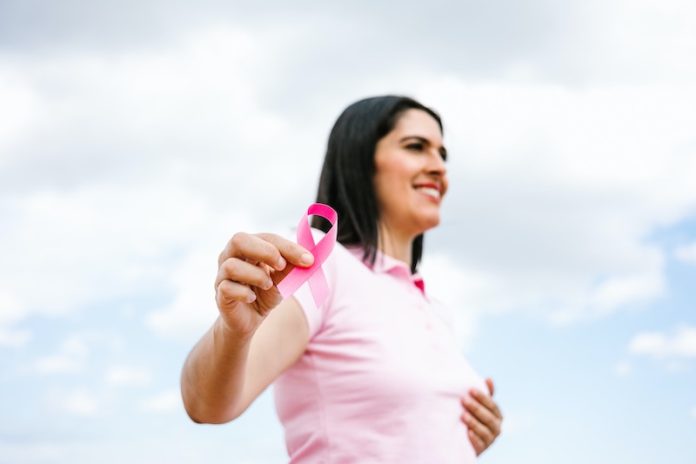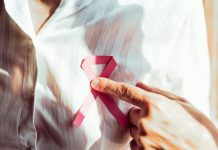
Do you know how some bacteria can become resistant to antibiotics? Well, cancer cells can do something similar too.
They can get stronger and more resistant when we try to treat them with certain cancer-fighting drugs, like CDK2 inhibitors.
These drugs were developed to stop cancer cells from growing and multiplying. But cancer cells are smart. They quickly find a way to survive, in just one or two hours!
A Glimmer of Hope
Now, there’s some good news too. Scientists have discovered how these cancer cells can adapt so quickly.
They’ve found that using a second drug, one that’s already available, can weaken the cancer cells and reduce the size of tumors.
This gives us hope. It suggests that using two drugs at once may be more effective against stubborn breast cancer.
Combination Treatment
“The use of two drugs could be a game-changer in treating cancer,” says Sabrina Spencer, a top professor of biochemistry.
She explains that these new CDK2 inhibitors could work better when combined with another existing drug.
Understanding Cancer Cells
What’s even more exciting is that these findings tell us a lot about how cancer cells work. It’s a bit like unlocking a secret code.
We’ve learned how these cells can continue to grow and multiply even when we try to stop them.
The New Frontline in Cancer Treatment
Scientists have been working with Pfizer Inc., a big drug company, to study these CDK inhibitors.
CDKs are a type of enzyme, which are like the little workers in our body’s cells that help with growth and division. If these workers get out of control, they can lead to cancer.
Since 2015, the FDA, which is like the police for food and drugs in America, has approved three drugs to stop CDK4 and 6.
These drugs have been very successful, but they don’t work for everyone. Some patients become resistant to them. So, scientists are now trying to stop a different worker, CDK2.
A Surprising Discovery
Professor Spencer’s team used special cameras to take pictures of cancer cells every 15 minutes for two days.
They found that when cancer cells were first treated with the CDK2 drug, their activity dropped. But after just one or two hours, the cancer cells began to fight back.
This discovery was very surprising, but it led to more research. Scientists learned that when the CDK2 worker was stopped, the CDK4 and CDK6 workers stepped in to keep the cells growing.
The Power of Two Drugs
When the team used both the CDK2 drug and the CDK4/6 drugs on cancer cells, something amazing happened.
The tumors stopped growing! They think that CDK4 and CDK6 might be waiting in the background, ready to help out when CDK2 is stopped.
The use of both drugs might help breast cancer patients who have not responded well to the current treatments. The findings could also help scientists figure out how to combine other drugs to get better results.
Professor Spencer says that understanding how cancer cells adapt is important for developing better treatments.
“The cell cycle is much more adaptable than we thought,” she says. “This information can help any company trying to develop drugs to treat diseases.”
If you care about cancer, please read studies about supplements that may increase cancer risk, and can vitamin D help prevent or treat cancer.
For more health information, please see recent studies about how drinking milk affects the risks of heart disease and cancer and results showing the Keto diet may improve blood sugar in cancer patients.
The study was published in Cell.
Copyright © 2023 Knowridge Science Report. All rights reserved.



